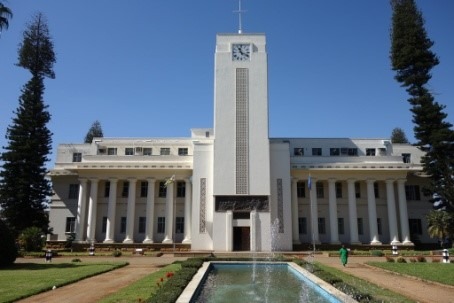
BY NQOBANI NDLOVU
BULAWAYO city fathers have resolved to recycle industrial and domestic sewerage to augment water supplies as shortages of the precious liquid persist.
The city’s main supply dams have also been running low, while a 48-hour water-rationing regime has not helped matters with residents still consuming over 170 megalitres (ML) against the planned 130ML per day.
A council report on future water supplies and water action shows that city fathers were also mulling waste water reclamation to boost supplies.
The Epping Forest project is currently underway and expected to yield about 10ML/day and Insiza pipeline optimisation (5-10ML/day). Designs are being finalised and procurement of a contractor to start work before the end of the year 2019 is in progress.
In the wake of financial challenges facing municipalities, waste water treatment has been a major hurdle with Harare, for instance, failing to properly reclaim its sewerage. The World Health Organisation (WHO) warns that insufficient treatment of waste water and faecal sludge spreads diseases and is a driver of antimicrobial resistance.
WHO says demand for waste water as a reliable source of water and nutrients for agriculture is growing globally, in response to population growth, urbanisation, increasing water scarcity and the effects of climate change.
Former Water minister Samuel Sipepa Nkomo once torched a storm when he proposed to recycle waste water from Khami Dam for domestic use. The dam was decommissioned in 1988. The idea was first mooted by the Zimbabwe National Water Authority in 2007, but was promptly shot down by a number of Bulawayo residents.







